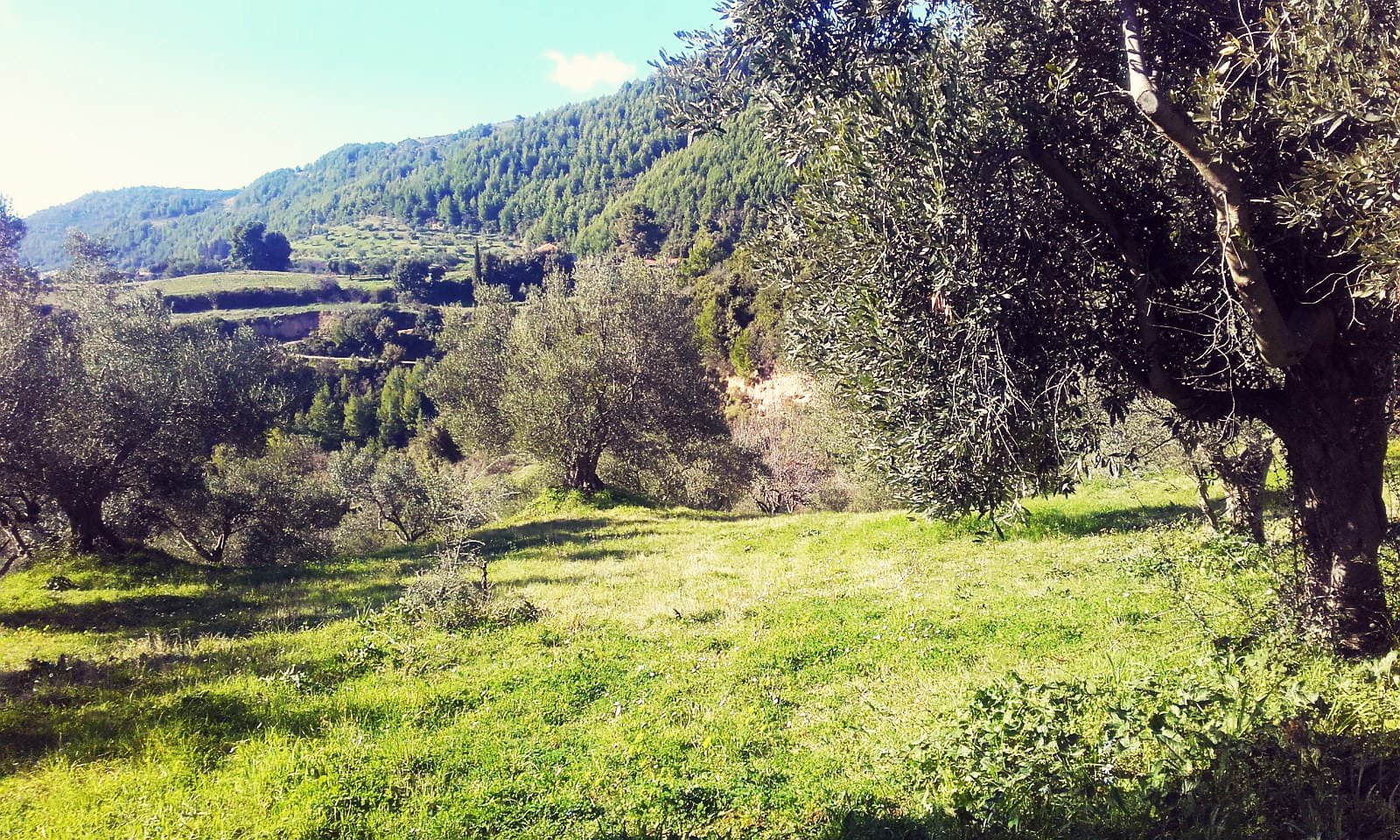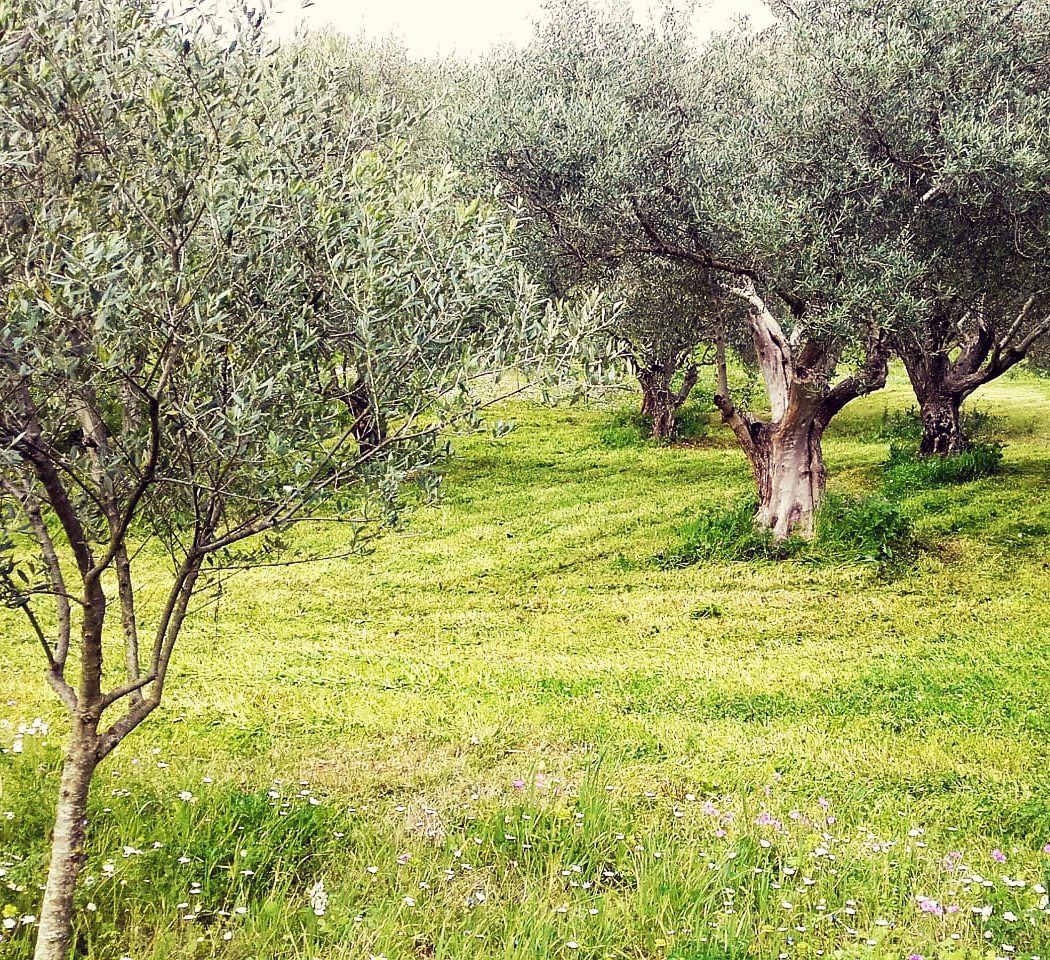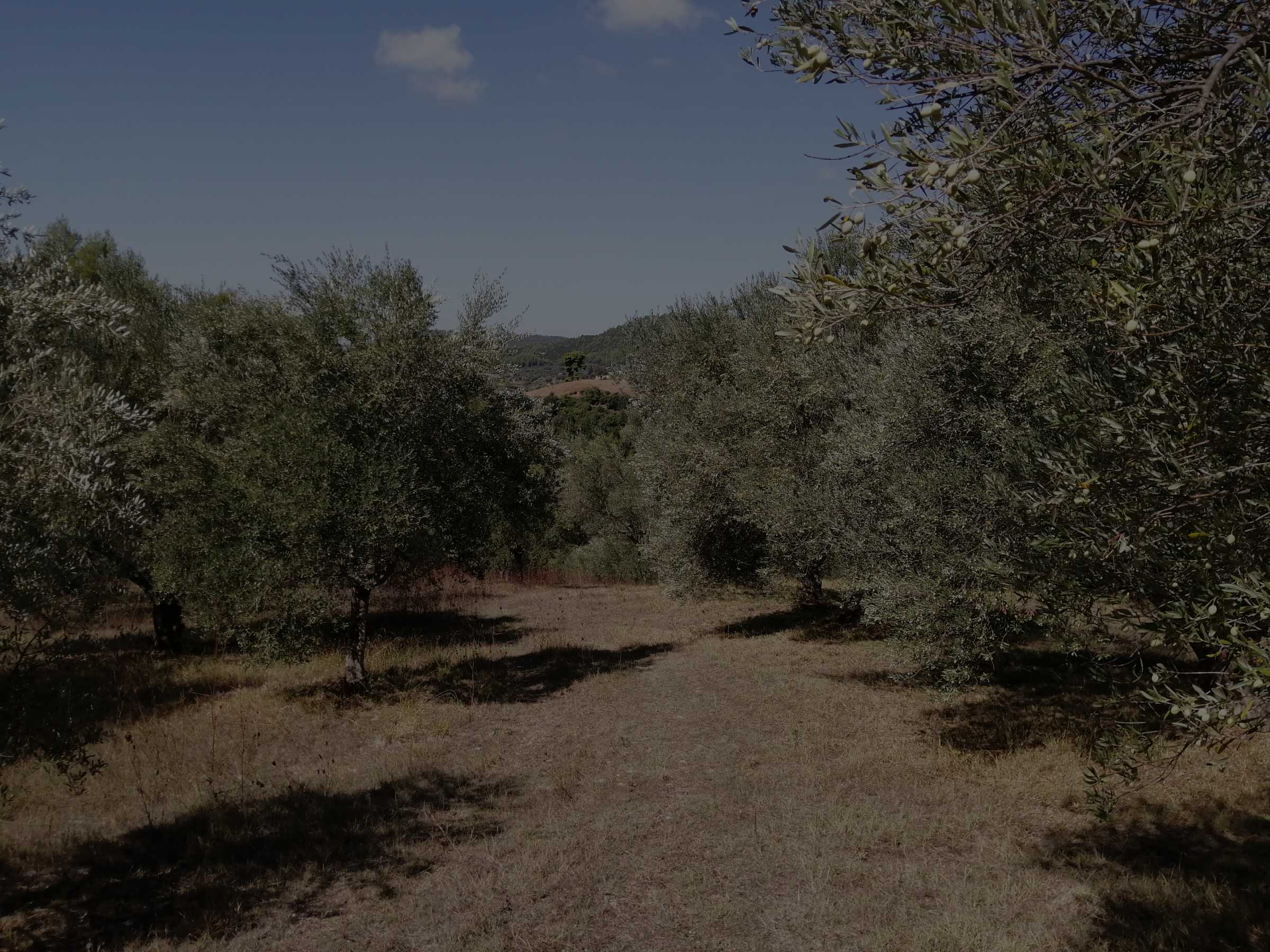The History of the Olive Tree
According to mythology, goddess Athena donated the world's first olive tree to the Athenians during the struggle between the gods for the city's patron saint. According to the myth, the olive tree grew where Athena struck her pole. But Hercules, after completing his 12 feats, also planted an olive tree at the temple of Hera in ancient Olympia, from which the Cotinus, the wreath with which the winners of the Olympic Games were crowned, was made.
Going back in history, the Mycenaeans offered olive oil to the gods, Hippocrates used it as a medicine, while Aristotle considered the cultivation of the olive tree a science.
Valuable nutritional value
Olive oil is the basis of the Mediterranean diet and one of the healthiest foods. Its rich content of monounsaturated fats and antioxidants protects the body from oxidative stress, an important factor in ageing. Numerous studies show that it is also associated with a reduction in cardiovascular disease, 'bad cholesterol', triglycerides as well as blood pressure.
Moreover, according to a 2014 study by the University of Madrid, countries where olive oil consumption is widespread have a lower incidence of osteoporosis. Finally, there are quite a few studies that suggest that olive oil contains substances that are protective against various forms of cancer.


"Ally" for Beauty
Besides being an ally of our health, oil is also an ally of our beauty. Thanks to its anti-inflammatory properties, it helps fight redness of the skin caused by acne, as well as other skin conditions such as eczema.
Furthermore, thanks to its moisturizing properties, it is an ideal hair mask and a good way to remove makeup at the end of the day. Also, its content in vitamins, minerals and trace elements, makes it a key ingredient in anti-ageing creams and face masks, which provide nourishment and hydration.
According to mythology, centaurs were creatures with the body of a horse but with the chest, arms and head of a man. After their victory against the Lapithians, they were driven to Ilia and occupied Pholóē, from where they attacked the inhabitants of the region and the passers-by.
Who were the Centaurs
In the forest of Pholóē, there was the kingdom of the good Centaur Folos, son of Silenus and nymph Melia, who gave his name to the area. Folos offered hospitality to the mythical hero Hercules when he was chasing the Erymanthian boar.


